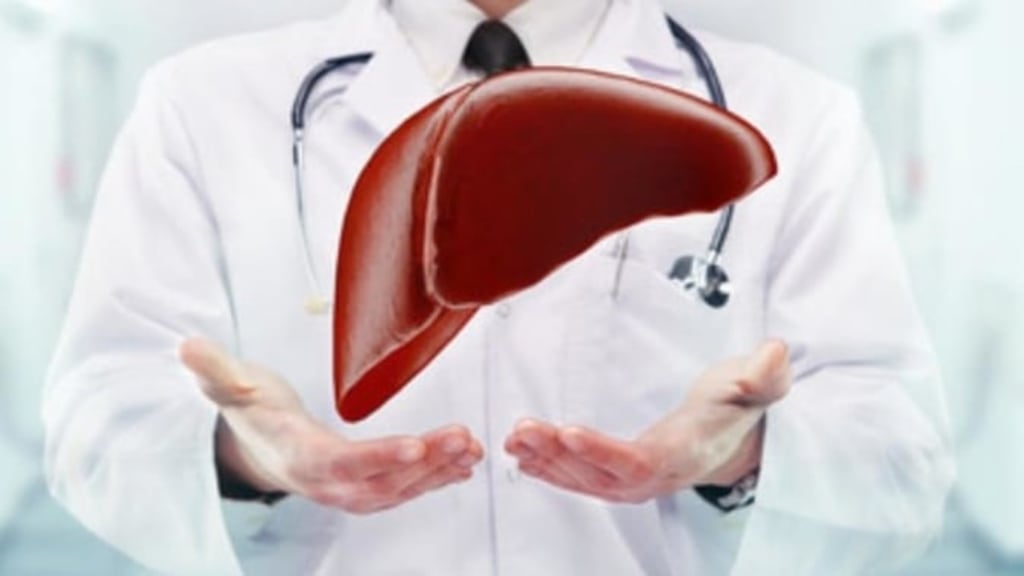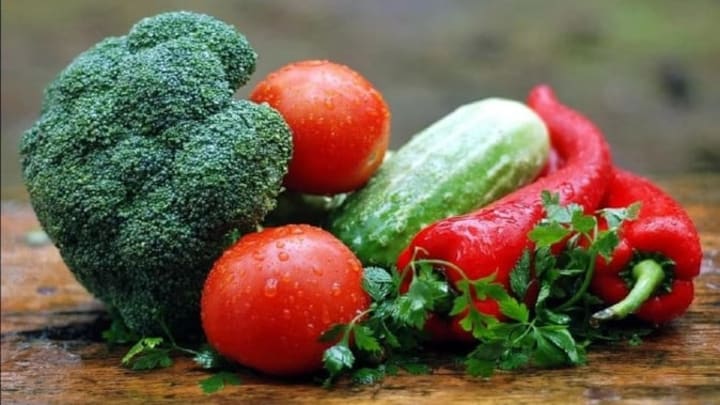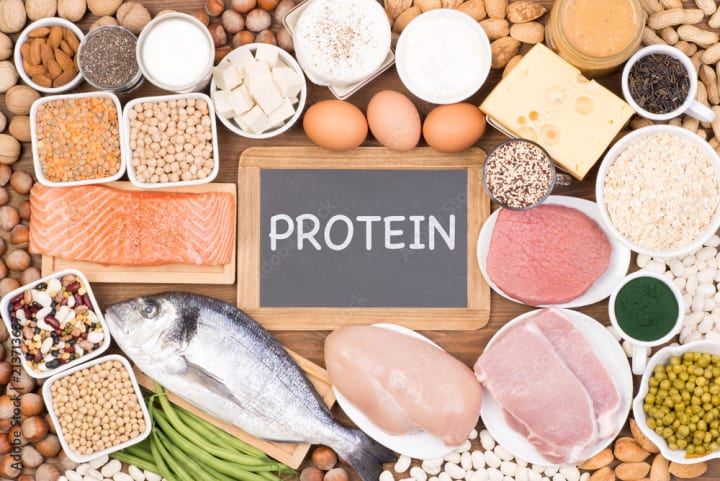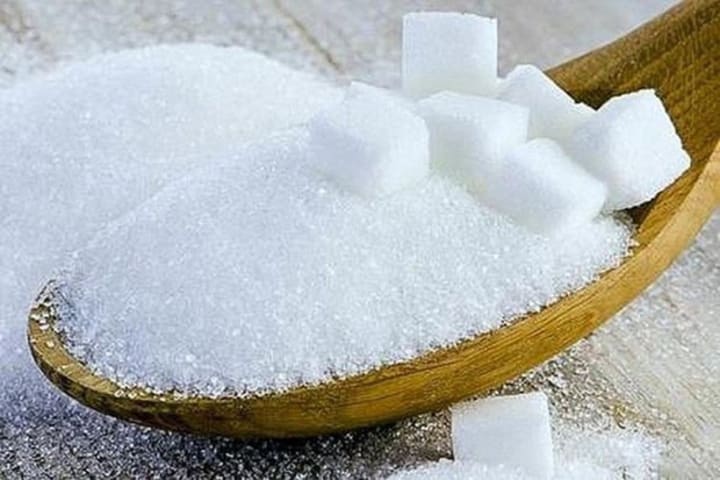
How often do you hear your doctor recommending that you take steps to help your liver stay healthy? If the answer to this question is never, it’s time to pay attention! The problem of fatty liver disease is increasing rapidly in youth and adults, and knowing how to protect your liver can help keep you feeling young and energetic well into old age. Start with these simple changes in diet that will lower your risk of developing fatty liver disease while helping you lose weight!
Avoid processed foods
To avoid fatty liver, it's important to eat a diet rich in whole foods. Processed foods can cause your body to produce more fat than it needs, which will then be stored as fat in the liver. Eating a diet high in saturated fats is especially bad for your liver and should be avoided. Avoiding processed foods will also help you lose weight which is good for your health! These are some of the changes that you can make in your diet:
- Eat more fruits and vegetables
- Reduce red meat consumption
- Cut out sugar.

Eat more fruits and vegetable
For your liver health, try to eat more fruits and vegetables. These are healthy for you and will also help you lose weight because they have fewer calories than other foods.
Try eating a fruit or vegetable at every meal. You'll get the most nutrients if you eat whole fruits or vegetables, rather than drinking juices made from them.
Don't drink alcohol--it damages the liver even more than fatty foods do!

Get enough protein
Protein is an important part of any diet, so it's important to make sure you're getting enough. Protein is the most satiating macronutrient, so you'll stay fuller longer by including protein in your meals. One study found that people who ate a high-protein diet lost more weight than those on low-protein diets over six months. You can also get protein from other sources like eggs, tofu, beans, lentils, Greek yogurt or cottage cheese for example. Try out one new food each week and see how much variety you can get in just one month. Make sure that when cooking with oils, you always use healthy oils such as olive oil, coconut oil or avocado oil because they are healthier choices compared to other oils. They will keep your cholesterol levels healthy too!

Avoid sugar
Sugar is a major contributor to fatty liver, so try cutting it out of your diet. Eating less sugar can help you lose weight, which will in turn protect your liver by making it easier for you to maintain a healthy weight. Another plus side is that sugar has been found to contribute to high cholesterol levels, which can increase the risk of fatty liver. So, by simply avoiding sugar and losing weight, you'll be taking two steps towards protecting your health!

Drink plenty of water
Drinking plenty of water will help flush the toxins out of your system, which will help your liver function better. Water is also beneficial for weight loss because it helps you feel full, so you'll be less likely to reach for an unhealthy snack. Fruit like watermelon, oranges and pineapple are some good choices for a refreshing drink that's high in both vitamin C and fiber. Fruits with a lot of potassium like bananas, grapes or oranges can help lower blood pressure by removing excess fluid from your body. And those dark green leafy vegetables like spinach or kale are great sources of folate (vitamin B9) which aids in cellular repair.

Avoid alcohol
Alcohol is a common cause of fatty liver disease, so it's important not to drink too much. Experts recommend not drinking more than two drinks per day if you're a woman or three drinks per day if you're a man. You should also avoid binge drinking, which means having five or more drinks in one sitting. Alcohol can also lead to weight gain, so it's important not to drink it with your meals or before bedtime.






Comments
There are no comments for this story
Be the first to respond and start the conversation.